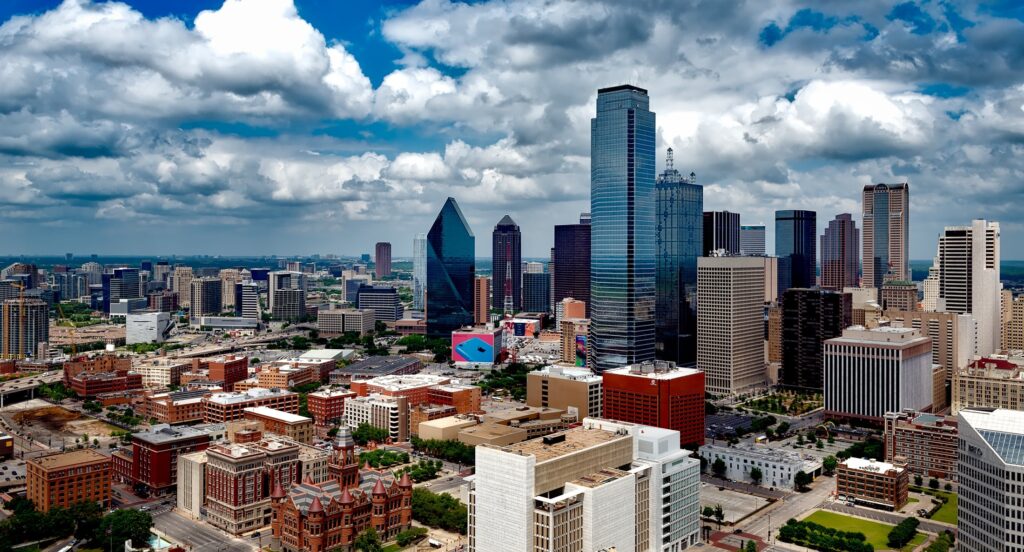I spoke to expert developer and friend Joshua Hamby about development starts the other day.
I personally didn’t understand how development deals are going to get done in our new economy. With interest rates skyrocketing, and exit cap rates expanding, will any projects get built in the coming months? (To explain, if exit cap rates expand (go up), real estate in general becomes less valuable, which means that developers can’t make as much money (if any) when they sell.)
I understood how acquisitions could happen. Prices will just come down. And cashflow will match the cost of the debt… simple enough…
But for development deals, things are different. It costs a decent amount to build something ground-up. And with inflation, how much of a reduction in construction costs can we possibly see? You can’t just “offer” less money for the asset, because you are building; not buying. And it’s not getting cheaper to build.
That’s not the only thing working against developers. It is once of many. What may be even a bigger problem for developers are the capital markets.
Here are some other forces working against development deals happening (at least in the Multifamily space)
– Cost Of Debt: deals that were getting built with 4-5% interest rate debt are now seeing their debt cost skyrocket to 7-10% or more. That puts a real burden on returns. In every development deal, you must consider your interest payments as a construction cost. For a 10M loan, what previously would cost $400-$500 thousand a year now costs almost double. That is not an insignificant expense.
– Expanding Cap Rates: new Multifamily deals were being sold across the country at sub 4% cap rates. Allowing the developers to build to Yields of 5.5% and still make money. If cap rates are now 5% or 5.5%, will developers be able to build to a 7% or 7.5% YOC? (The most basic rule in real estate construction is that your Yield on Cost at stabilization must be higher than your exit cap rate. When exit cap rates are high, the yield on cost must be even higher.)
– Slowing Rent Growth: Many development deals were penciling because rents were climbing, so developers felt comfortable trending rents aggressively, even during the construction period. With rent growth slowing, will rents be high enough to warrant projects getting built?
(To trend rents means to assume that market rents will climb throughout the construction and stabilization period of a given project. Making this assumption allows developers to assume they will get rents that are higher than what’s possible today. When developers assume rents will climb, they are assuming a higher future yield (albeit with some speculation.))
Josh Hamby provided some insight into what could happen, and then I shared this question to my LinkedIn page I received an incredible amount of insight. Because the topic is complex, it will be the subject of a second article.
